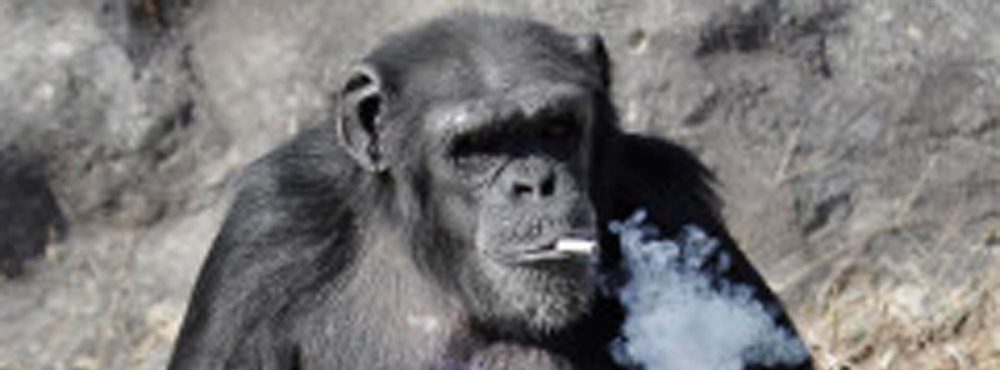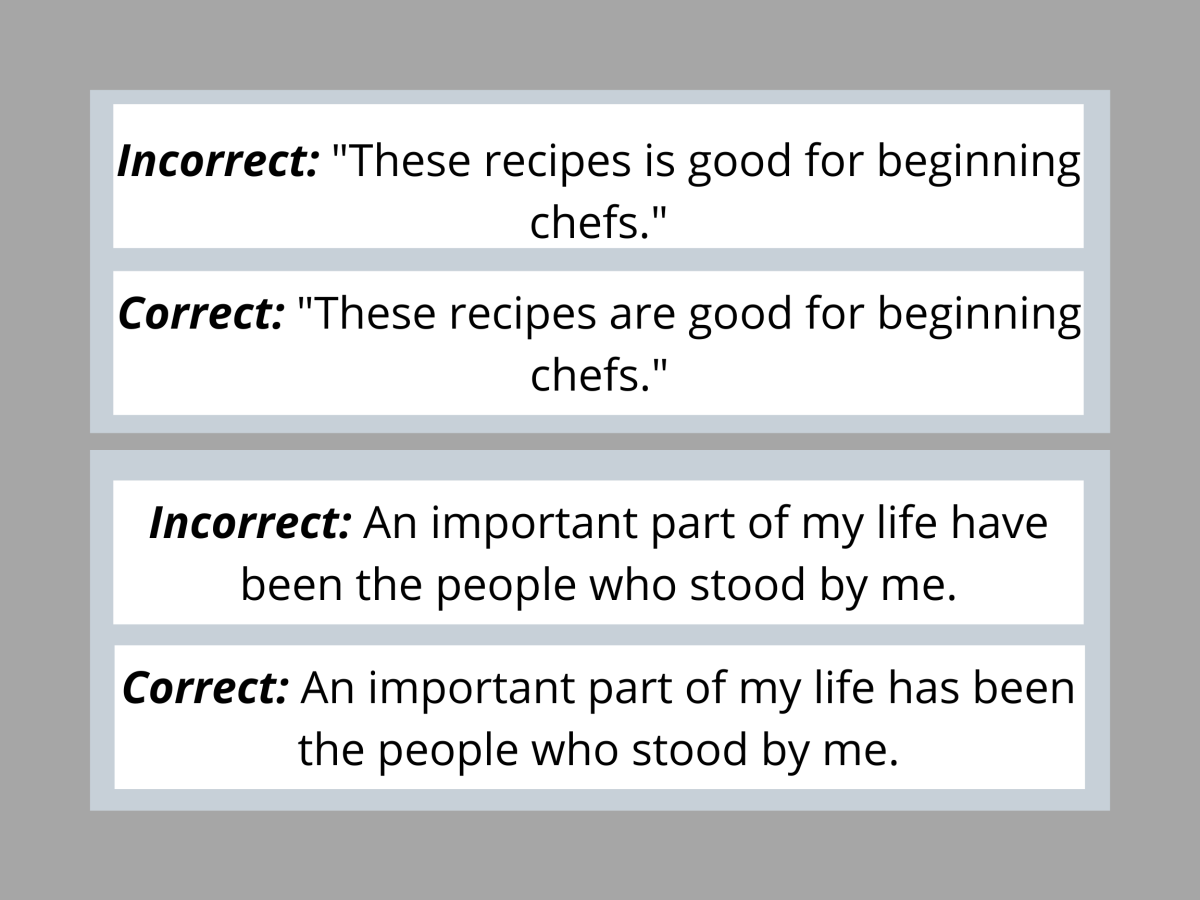


A description, explanation, treatment, summary or illustration of any of these is copyrightable, but not the underlying concept. Ideas, procedures, methods, concepts, principles, and discoveries.Works that have not been fixed into a tangible form of expression, such as improvisational performances and choreographic works which have not been written or recorded.A listing of information, such as phone numbers and addresses in a residential phone book, is not copyrightable. Raw data and objective information such as test results and statistics, although the method of organization, commentary and analysis are copyrightable.See my earlier post Can Book Titles Be Protected? Titles, names, short phrases, slogans, although you might be able to register these as trademarks.You could find yourself on the receiving end of some nasty and unsettling lawyer letters.Ĥ. But consider this a caution against writing something too reminiscent of a well-known character or setting. If a character is as fully developed as Harry Potter or a setting as distinctive as Panem in The Hunger Games, the creator might be able to claim copyright protection. What about characters and settings? Maybe. Literary works, musical works including lyrics, dramatic works, pictorial, graphic and sculptural works, sound recordings, architectural works, and pantomimes and choreographic works if fixed in tangible form such as a video recording. Copyright Office has a number of informative circulars on topics from registering poems to licensing. The most common is Fair Use, which I will describe in a later post. There are always exceptions, and exceptions to the exceptions. If anyone violates those exclusive rights, you have a claim of infringement against the wrongdoer. Display or perform the work publicly, either live or in recorded form.Create derivative works, such as translations, adaptations, sequels, and abridgements and.Sell, distribute, and commercially exploit the work.Reproduce the work in books or other forms and devices.copyright, you have the exclusive right to do, or to authorize others to do, the following: If you collaborate on a project, then all the creators jointly own the copyright.Īs the owner of a U.S. The only exception is “works made for hire” when the employer, or in some cases the person commissioning the work, owns the copyright. Your first draft, riddled with typos, inconsistencies and clichés, is protected by copyright law whether or not you polish it, publish it, register it or mark it with a ©. As soon as you put an idea into a fixed form, whether on a pad of paper, a hard drive, a smart phone or a recording device, you own the copyright in that creation.


 0 kommentar(er)
0 kommentar(er)
